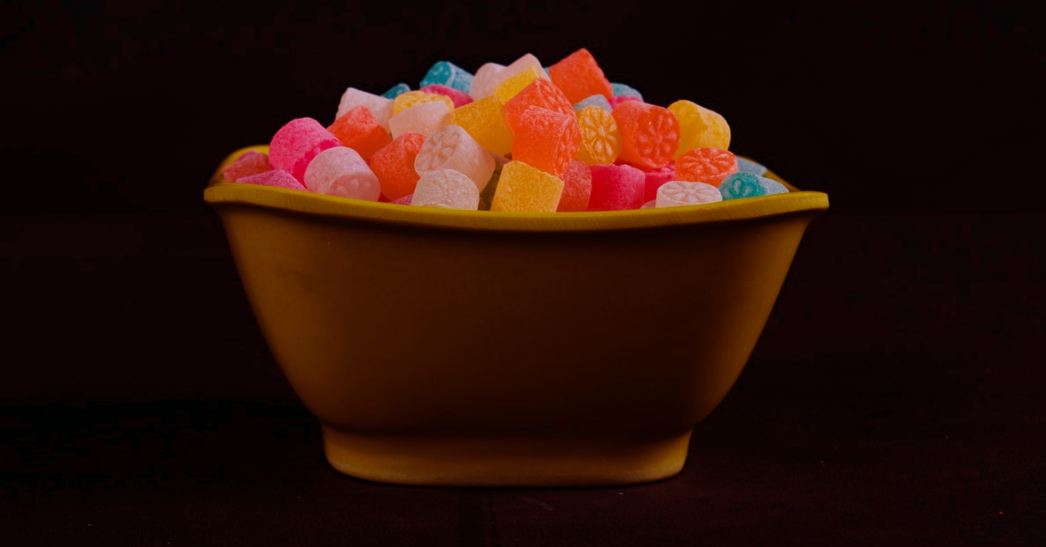Post-traumatic stress disorder (PTSD) is a long-term mental disorder that can occur after a potentially stressful experience. Sleep difficulties, changes in cognition (e.g., recurrent recollection of the incident), mood (e.g., sadness, anxiety), and emotion (e.g., psychological instability), as well as decreased social skills, are all indicators of the disease. Post-traumatic stress disorder was classed as an anxiety disorder until the fourth edition of the DSM-IV; however, the newest version, the DSM-V, incorporates PTSD in a new category termed “trauma- and stress-related disorders.” Maladaptive responses to trauma can trigger PTSD.
Even though there are a variety of therapies for PTSD, there is growing evidence that CBD in the form of CBD Gummies or CBD oil can help patients manage their symptoms.
Symptoms Of PTSD
As the body and mind try to cope with the stressful incident, people with PTSD frequently suffer various symptoms.
PTSD can appear in various ways, including anxiety, despair, and risky behavior. Gut problems, migraines, headaches, and lowered immunity are classic PTSD symptoms.
Some significant symptoms include:
- Trauma-related flashbacks.
- Physical clinical manifestations (such as racing heartbeat, sweating, brain fog).
- Sleeping problems.
- Excessively emotional mood swings (rage, shame, blame, negativity).
- Detachment from emotions.
- Negative feelings and thoughts.
- Memories and ideas that bother you.
- Hypervigilance/anxiety.
- Fearful of everything.
- Strange dreams and nightmares.
- Maintaining employment is difficult.
- Avoidance and social alienation difficulty concentrating.
- Abuse of drugs and alcohol.
What Are CBD Gummies?
Cannabidiol, or CBD, is the second most frequent active ingredient in cannabis. CBD is one of the many ingredients in marijuana, but it does not produce a “high.” hemp, a direct descendant of the cannabis Sativa, yields CBD, either extracted or manufactured in a laboratory for use in medical marijuana.
CBD Gummies are cannabidiol (CBD) oil-infused edible sweets. It’s possible to find them in various flavors, shapes, and CBD concentrations. Gummies are a new, discreet and convenient method to adhere to CBD.
However, because most Cannabinoids are not FDA authorized, the potency and purity of CBD products can vary significantly between manufacturers or even within the same label, so you can’t always be sure you’re receiving what you think you’re getting.
Can CBD Gummies Get You High?
CBD gummies don’t contain psychoactive ingredients, so they can’t get you high.
THC is the psychoactive ingredient in marijuana. CBD is extracted from hemp, which is almost THC-free. To be classified as hemp, the hemp must have less than 0.3 percent THC.
CBD is the most vital component in hemp without any intoxicating characteristics. Some research has shown that CBD may help with anxiety, inflammation, insomnia, and other discomforts.
Can CBD Gummies Help Treat PTSD?
Yes, in many circumstances. We know that cannabinoids, both CBD and THC, may aid people with PTSD symptoms based on observational research and anecdotal data.
According to research, humans have an inherent system called the Endocannabinoid system that aids in mood management, anxiety reduction, and fear of learning extinction. The endocannabinoid system uses cannabinoids to assist in balancing and managing emotions.
CBD and CBD gummies can assist with several of the symptoms of post-traumatic stress disorder. CBD operates indirectly by interacting with the CB2, dopamine, and serotonin receptors. CBD, which does not include THC, can aid with anxiety, fear, memory disruption, and REM sleep.
CBD can aid serotonin and dopamine synthesis and control through interacting with specific brain pleasure centers, particularly the one that increases anandamide. Thanks to this chemical regulator, your body may use or break down chemicals more efficiently or slowly. CBD does not affect serotonin or dopamine levels.
Some of the advantages of CBD gummies for PTSD are as follows:
- May minimize the creation of “fear memories.”
CBD reduces stress and anxiety by disrupting the sensations of long-term fear recognition memory.
- It has the potential to prevent nightmares.
CBD gummies have been proved in clinical trials to stop or considerably reduce episodes, nightmares, and chronic memories in PTSD patients.
- Anxiety and sadness symptoms are reduced.
The relaxing properties of CBD make it an excellent treatment for stress-related symptoms such as panic attacks and compulsive behavior.
- It helps to cure insomnia.
CBD enhances sleep quality and quantity while also reducing night sweats.
Pros and Cons Of Using CBD Gummies For PTSD
The benefits of using CBD gummies for PTSD are:
- CBD and CBD oil can assist with several of the symptoms of post-traumatic stress disorder. CBD operates indirectly by interacting with the CB2, dopamine, and serotonin receptors. CBD, which does not include THC, can aid with anxiety, fear, memory disruption, and REM sleep.
- CBD does not affect serotonin or dopamine levels. Your body may use or break down chemicals more efficiently or slowly when you have this chemical regulator present.
- CBD is thought to aid serotonin and dopamine synthesis and control through interacting with specific brain pleasure centers, particularly the one that increases anandamide.
- CBD’s medicinal potential is recognized by government agencies, including the Food and Drug Administration (FDA). CBD has piqued the FDA’s interest due to its alleged health advantages.
Despite being a beneficial substance, CBD gummies have their cons:
- The encouraging conclusions on CBD as a possible traumatic stress therapy are overshadowed by the evidence that people’s clinical trials on its ability to treat PTSD are lacking.
- Epidiolex seems to be the only CBD drug that the Food and Drug Administration has authorized. The FDA has yet to approve a targeted strategy for cannabis extracts to treat any illness or condition.
- CBD might cause unpleasant effects in people when used with other drugs, according to a 2017 evaluation of the compound’s safety.
CBD may induce adverse effects such as:
- Diarrhea
- Lethargy
- Lack of appetite
- Vomiting
- Fatigue
- Fever
- Drowsiness
As the demand for CBD grows, so does the number of mislabeled products, particularly those marketed online and in some dispensaries.
Conclusion
PTSD is a mental illness that affects around 3.5 percent of individuals in the United States. PTSD is one of the five primary forms of anxiety disorders, and it is defined by acute and distressing sensations triggered by a traumatic event.
CBD’s anti-anxiety and antidepressant qualities make it a promising therapy for post-traumatic stress disorder.
According to some cbd articles, cannabidiol has been demonstrated in several preclinical trials to help people forget traumatic memories and prevent them from resurfacing. According to researchers, CBD’s involvement with the endocannabinoid system allows it to exercise its mental effects.


